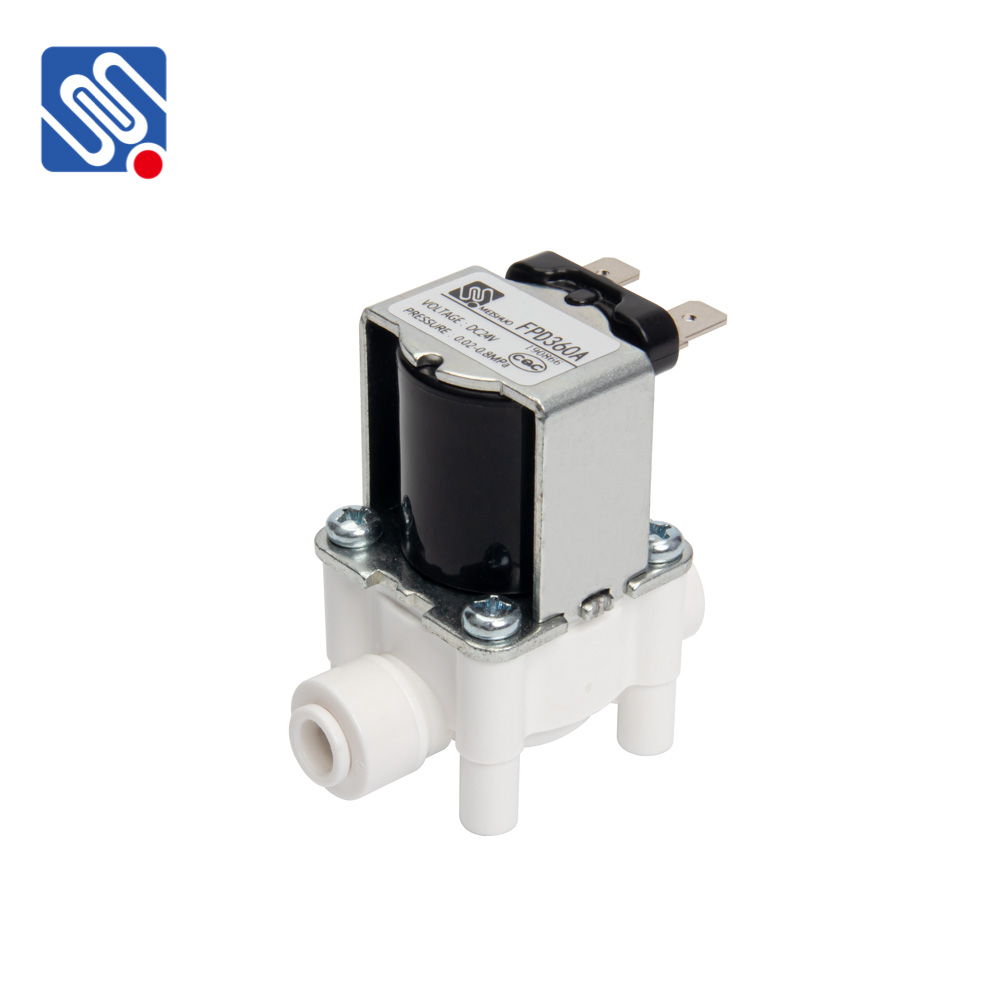The PP Solenoid Valve is a crucial component in many industrial applications, particularly in sectors that require precise control of fluid flow while ensuring resistance to corrosion and harsh chemical environments. Made from polypropylene (PP), a material renowned for its chemical resistance and durability, these solenoid valves are ideal for controlling various liquids and gases in a range of industries. In this article, we will explore the basic function, advantages, and various applications of the PP Solenoid Valve.

What is a PP Solenoid Valve? A PP Solenoid Valve is an electromechanical device that controls the flow of liquids or gases through pipelines by using a solenoid coil to control the opening and closing of a valve. The valve body and components are made of polypropylene, a thermoplastic polymer known for its excellent chemical and corrosion resistance, making it suitable for harsh operating environments. When an electrical current is passed through the solenoid coil, it generates a magnetic field that moves the plunger or armature, causing the valve to open or close. This simple yet efficient operation ensures that fluids or gases can be regulated accurately without the need for complex manual interventions. These valves come in various configurations, including direct-acting, pilot-operated, and normally closed or open types, making them adaptable to different flow control needs.